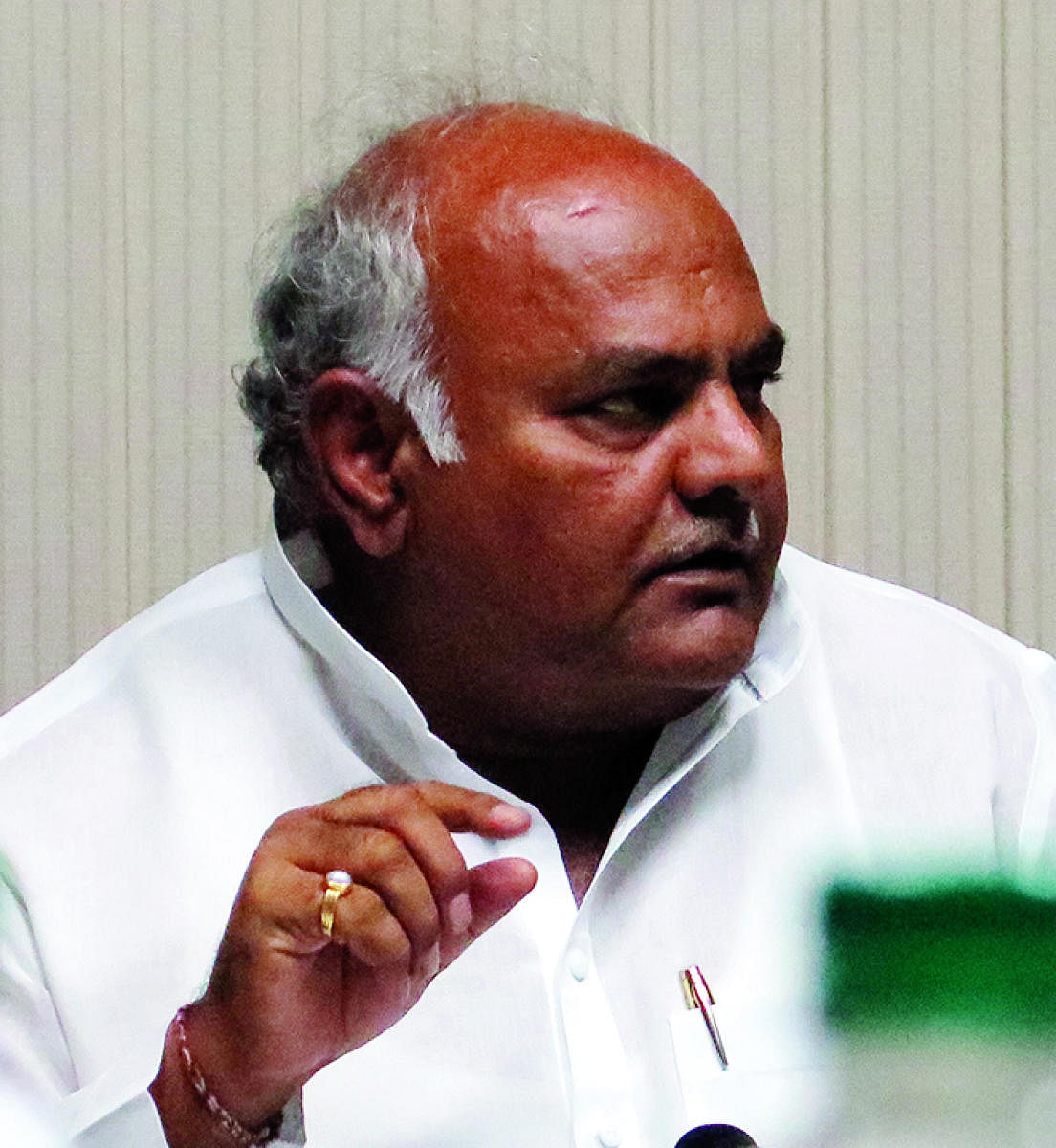

Health Minister Shivanand S Patil on Wednesday declared that a range of vector-borne diseases assailing the state, including dengue, chikungunya and malaria had been beaten, even though medical data disputed his claims.
Chief among vector-diseases running rampant in the state is swine flu (or H1N1), with Karnataka registering 1,712 confirmed cases this year (as of Wednesday) and 87 deaths. Next is monkey fever, or Kyansanur Forest Disease (KFD) as it is called, which has afflicted 4,605 people since 2012, with 439 confirmed cases registered in the six months of this year alone – an 875% increase from 2017.
The minister, however, sounded an optimistic note.
“The situation is totally under control,” he said, adding that the government is undertaking a programme to research, develop and manufacture a new vaccine in the shortest time to bring the outbreak under control.
“Let us not forget that there have been no new cases of KFD in one-and-a-half months,” he said.
In reality, according to Dr Kiran S K, Deputy Director for Virus Diagnostic Lab (VDL) at Shivamogga, the last new case was registered on May 23, less than four weeks ago.
The fatality rate for the disease, which manifests itself as a high fever, coupled with a severe headache, is about 5-7%, according to Dr Kiran, who added that the disease has claimed 14 lives so far.
He added that a vaccine to tackle the disease has existed since 1990, but it is not 100% lethal against the KFD virus. “With two doses, the success rate is 65% and with a booster shot, the success rate goes up to 83%,” he said.
According to Patil, 1 lakh doses of the existing formalin-inactivated tissue-culture vaccine will be administered, followed by 75,000 next month.
He also announced that Rs 5 crore had been set apportioned to upgrade a BSL-2 diagnostic lab and treatment centre at Shivamogga to BSL-3 status, and revealed that state authorities had written to several research labs, including the Institute of Animal Health and Veterinary Biologicals, the National Centre for Disease Control and National Institute of Virology, Pune to accelerate research to ready a potentially more effective vaccine.
“NIV Pune, which has developed a candidate vaccine, is exploring the possibility of a memorandum of understanding with a pharma company,” he added.
Health officials said the essential drug list has been shortened and that unnecessary drugs have been removed from the list.